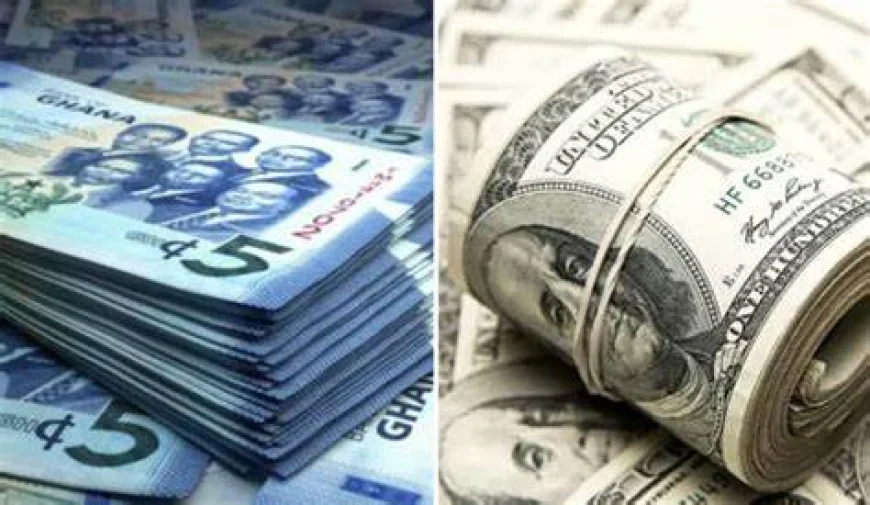Ghana’s Cedi-Dollar Exchange Rate Today
The Ghanaian cedi appreciates to ₵10.20 per $1 as inflation drops and forex inflows increase. Experts warn volatility remains due to global rate pressures.

The Ghanaian cedi has appreciated modestly against the US dollar, trading at ₵10.20 per $1 as of mid-June 2025. The currency's performance marks a slight recovery from early May levels of ₵10.35, driven by a mix of macroeconomic factors and policy interventions.
Despite minor variations—₵10.25 to ₵10.26 per $1 across forex bureaus and banks—the cedi remains under tight monitoring by the Bank of Ghana (BoG) to ensure exchange rate stability.
Key Drivers Behind the Exchange Rate Shift
-
Trade Balance Challenges
Ghana’s import-dominated economy creates a high demand for US dollars, especially for oil, food, and machinery, keeping pressure on the local currency. -
Inflation Moderation
Inflation slowed from 22.7% in March to 19.8% in May, helping stabilize purchasing power and reduce exchange rate panic. -
BoG’s Forex Strategy
The Bank of Ghana’s forex auctions and monetary tightening have supported the cedi, along with prudent management of foreign reserves. -
Increased Inflows
Growth in commodity exports (especially gold and cocoa) and diaspora remittances have boosted dollar supply in the market. -
Global Monetary Trends
However, high US interest rates continue to attract capital away from emerging markets like Ghana, presenting downside risks.
Business and Household Impacts
-
Importers will feel mixed effects. Although the cedi has strengthened, overall costs remain high due to persistent global inflation and shipping expenses.
-
Exporters benefit from a relatively weaker cedi, improving price competitiveness abroad—but rising costs of imported raw materials may offset this.
-
Consumers will continue to experience volatile fuel prices, transportation costs, and inflation tied to the exchange rate’s performance.
Outlook: Cautious Optimism with External Risks
Analysts maintain that exchange rate stability is likely if the Bank of Ghana continues with tight monetary policies and reserves management. Yet, Ghana remains vulnerable to:
-
Shifts in global investor sentiment
-
Commodity price shocks
-
US Fed policy decisions
Bottom Line:
The cedi’s movement toward ₵10.20 per dollar offers short-term relief, but sustained progress will depend on structural reforms, fiscal discipline, and external market conditions. Businesses and households are advised to stay cautious and adjust financial planning to potential future fluctuations.


